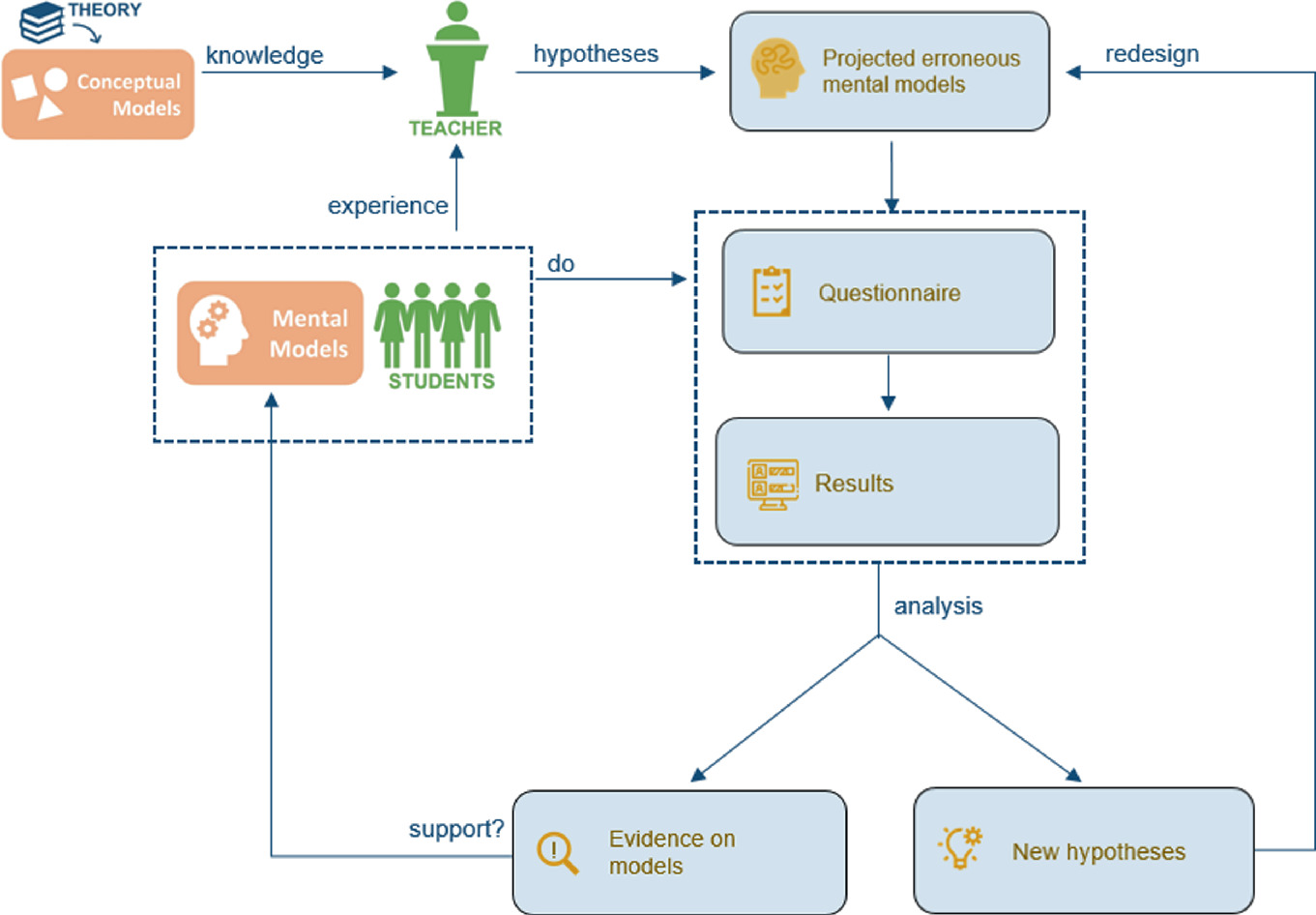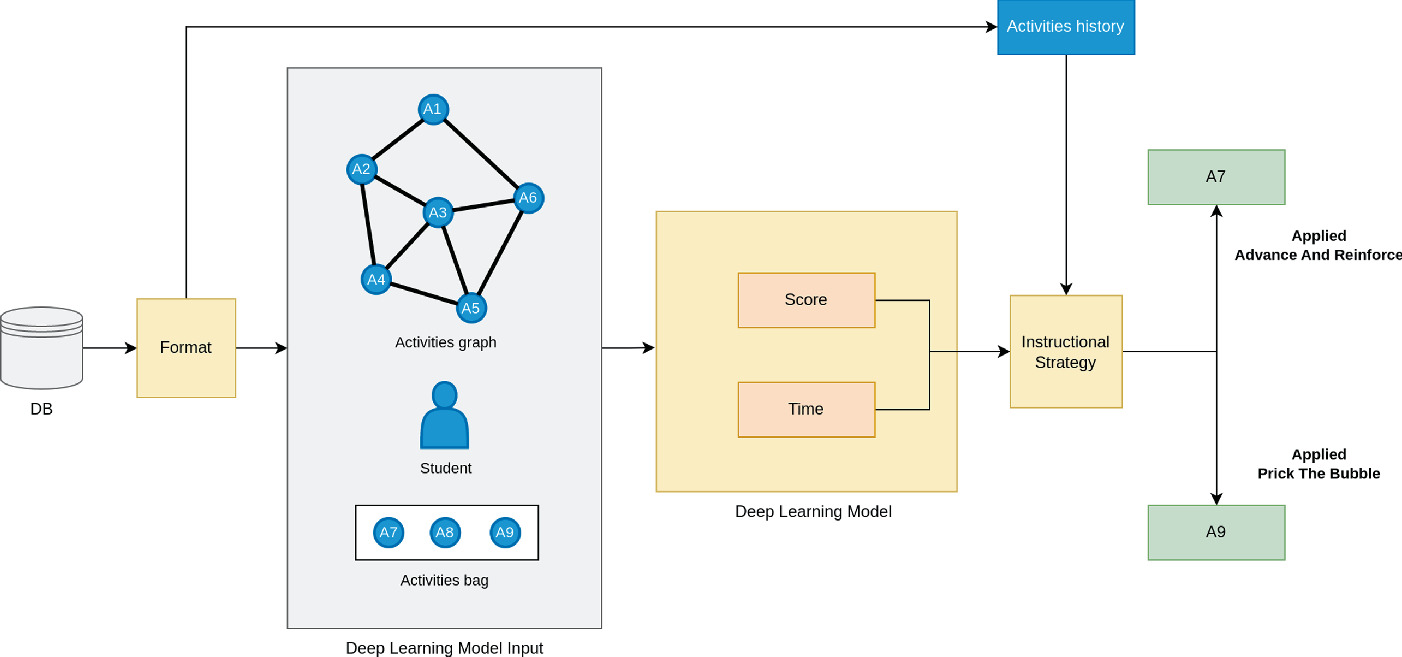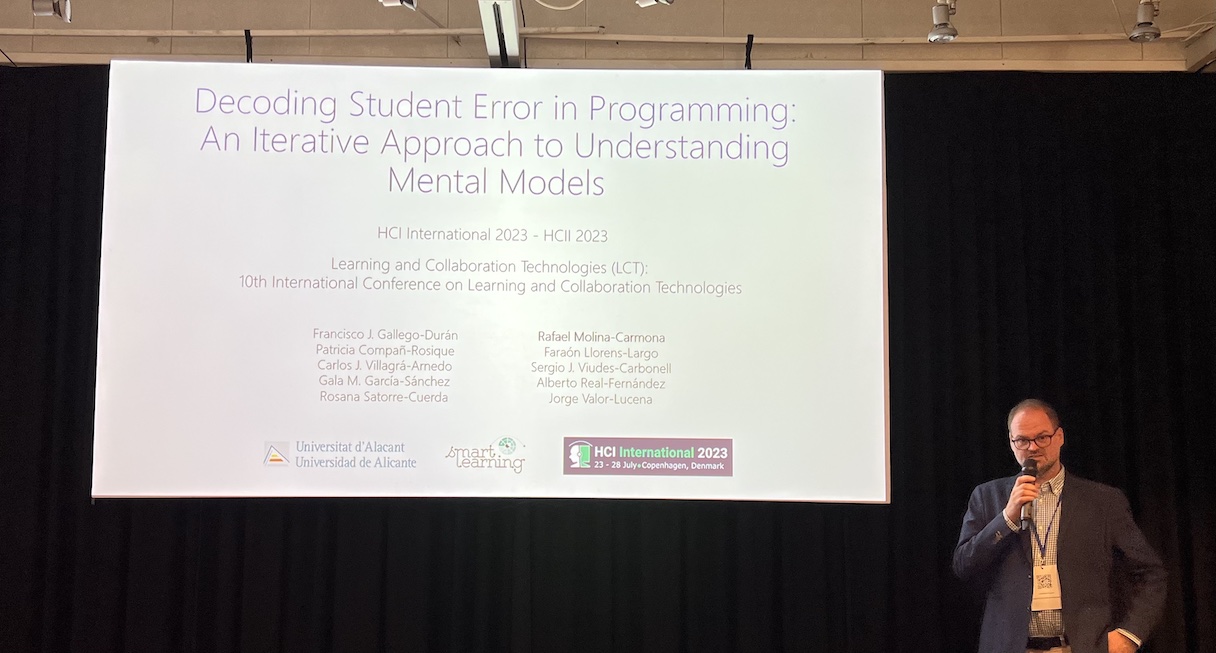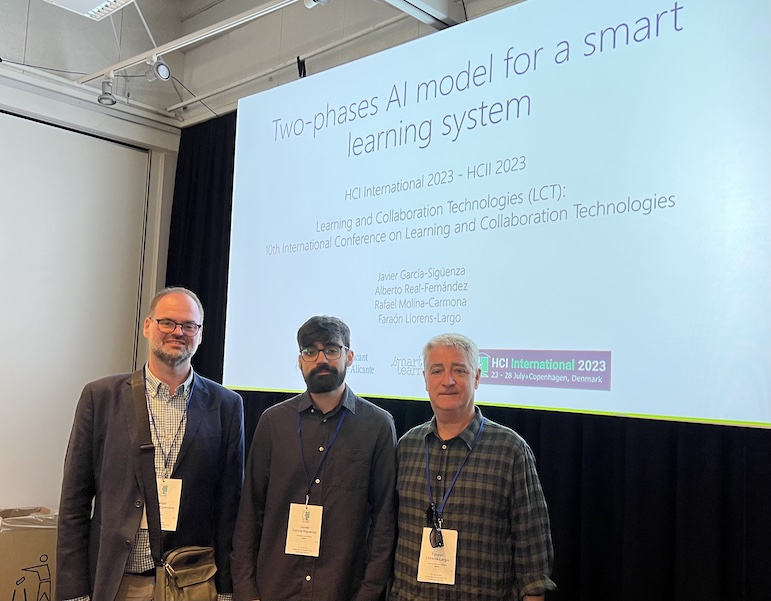Decoding Student Error in Programming: An Iterative Approach to Understanding Mental Models
Decoding Student Error in Programming: An Iterative Approach to Understanding Mental Models
Francisco J. Gallego-Durán, Patricia Compañ-Rosique, Carlos J. Villagrá-Arnedo, Gala M. García-Sánchez, Rosana Satorre-Cuerda, Rafael Molina-Carmona, Faraón Llorens-Largo, Sergio J. Viudes-Carbonell, Alberto Real-Fernández & Jorge Valor-Lucena
25th International Conference on Human-Computer Interaction (HCII 2023)
Copenhagen, Denmark
23-28 July 2023
10th International Conference on Learning and Collaboration Technologies (LCT 2023).
Lecture Notes in Computer Science book series (LNCS,volume 14040) (https://link.springer.com/book/10.1007/978-3-031-34411-4)
https://link.springer.com/chapter/10.1007/978-3-031-34411-4_18
https://doi.org/10.1007/978-3-031-34411-4_18
Abstract
In computer programming education, despite yearly changes in teaching methodologies, students still struggle to grasp the concepts. When they advance to more complex projects, gaps in their basic knowledge become evident. It seems that the knowledge they learn in the first course is forgotten or not well understood. This proposal aims to explore students’ mental models of computer programming concepts to better understand and identify any misconceptions. An iterative methodology is proposed to identify, test, analyse and evidence students’ erroneous mental models in programming. Characterising these mental models is a first step to deepen our understanding and designing strategies to help students improve them. The proposed methodology is exemplified in detail through an undergoing use case at the University of Alicante, and some early results are discussed.
Keywords
Programming, Learning, Mental Models
Cite this paper as:
Gallego-Durán, F.J. et al. (2023). Decoding Student Error in Programming: An Iterative Approach to Understanding Mental Models. In: Zaphiris, P., Ioannou, A. (eds) Learning and Collaboration Technologies. HCII 2023. Lecture Notes in Computer Science, vol 14040. Springer, Cham. https://doi.org/10.1007/978-3-031-34411-4_18

Two-Phases AI Model for a Smart Learning System
Two-Phases AI Model for a Smart Learning System
Javier García-Sigüenza, Alberto Real-Fernández, Rafael Molina-Carmona & Faraón Llorens-Largo
25th International Conference on Human-Computer Interaction (HCII 2023)
Copenhagen, Denmark
23-28 July 2023
10th International Conference on Learning and Collaboration Technologies (LCT 2023).
Lecture Notes in Computer Science book series (LNCS,volume 14040) (https://link.springer.com/book/10.1007/978-3-031-34411-4)
https://link.springer.com/chapter/10.1007/978-3-031-34411-4_4
https://doi.org/10.1007/978-3-031-34411-4_4
Abstract
Current Information Technologies are mature enough to favor the creation of adaptive learning systems that also encourages active, autonomous and persistent learning. A solution could be the creation of artificial intelligence algorithms capable of detecting the individual learning needs and features of the learners, what skills they are acquiring and how they do it, or how they behave, in order to offer them an adapted and personalized learning experience. This is what is defined a smart learning system.
Therefore, in this research we aim to propose an Artificial Intelligence (AI) model for a learning system to achieve this purpose. It is based on a learning model called CALM (Customized Adaptive Learning Model), that offers personalized learning through different learning paths and adapts to each learner by offering a specific activity at any time. The selection of this activity relies on an AI engine that detects the needs and characteristics of the learner and selects the most appropriate activity.
To implement an AI model for this purpose, applying CALM principles, we propose the use of both the information provided by activities and the learner’s characteristics and progression. Combining these datasets with the use of deep learning techniques, we propose a two phases process. First, the model makes predictions that are personalized for each student, and then it applies a concrete instructional strategy to make the final decision, allowing the teacher to adapt and guide the student’s learning.
Keywords
Smart Learning, Artificial Intelligence, Deep Learning
Cite this paper as:
García-Sigüenza, J., Real-Fernández, A., Molina-Carmona, R., Llorens-Largo, F. (2023). Two-Phases AI Model for a Smart Learning System. In: Zaphiris, P., Ioannou, A. (eds) Learning and Collaboration Technologies. HCII 2023. Lecture Notes in Computer Science, vol 14040. Springer, Cham. https://doi.org/10.1007/978-3-031-34411-4_4


